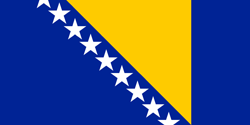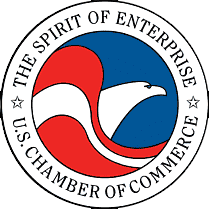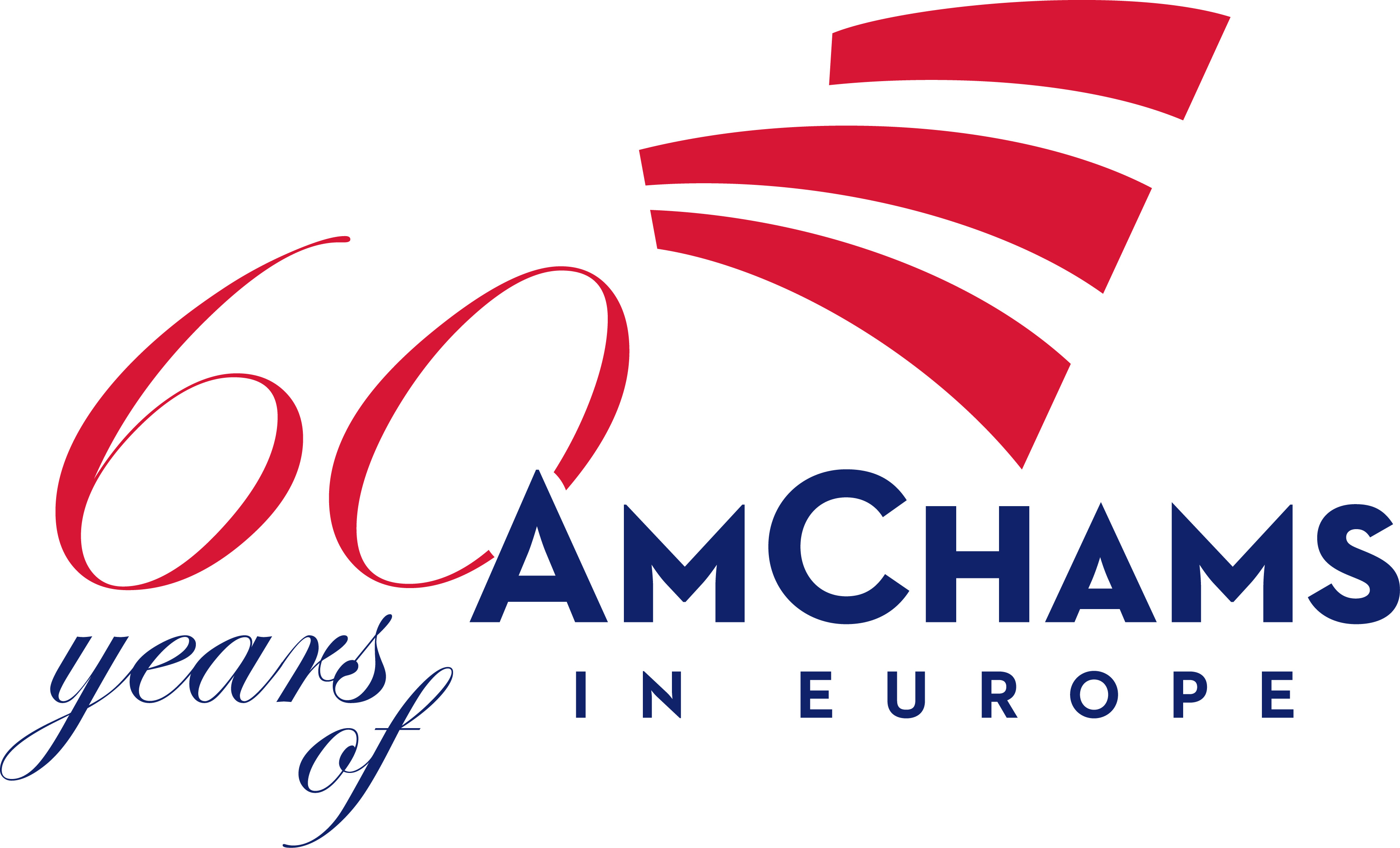Reporting irregularities within organizations is a key step in building an ethical and responsible business environment. Whistleblowers, individuals who point out illegal or unethical actions, often face challenges such as retaliation, job loss, or social stigmatization. In order to raise awareness of the importance of whistleblower protection and empower companies in establishing safe channels for reporting irregularities, the training "Whistleblowers: Protection, Support, and Practice" was held in cooperation with Mila Crnogorac Bajić (Net Consulting).
During the training, participants were introduced to the definitions of whistleblowers, their role in organizations, and the legislative framework regulating this area in Bosnia and Herzegovina and the European Union. A special focus was on the EU Whistleblower Protection Directive (Directive (EU) 2019/1937), which sets standards for the security and anonymity of reports, as well as the legal obligations of companies in BiH when it comes to establishing channels for reporting irregularities. The challenges faced by whistleblowers and strategies for protection from retaliation and negative consequences were also discussed.
The practical part of the training included the analysis of specific cases of reporting irregularities and how they are processed, simulations of reporting and whistleblower protection, and a discussion of best practices for creating internal and external reporting channels. A strong legal framework and clearly defined procedures for reporting irregularities are key to improving transparency and responsible business. In this way, trust within organizations and society as a whole is strengthened in the long term.
This training further emphasized the need to harmonize domestic legal regulations with international standards for whistleblower protection, which would ensure a safe environment for reporting irregularities and prevent the potential cover-up of corrupt and unethical practices.











